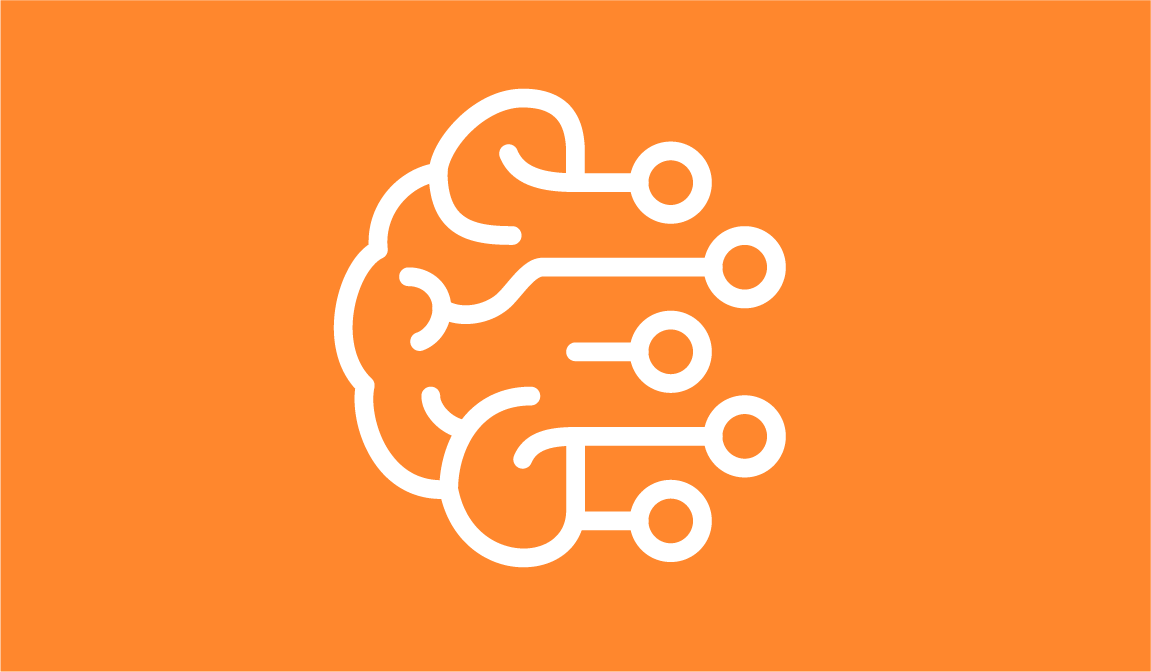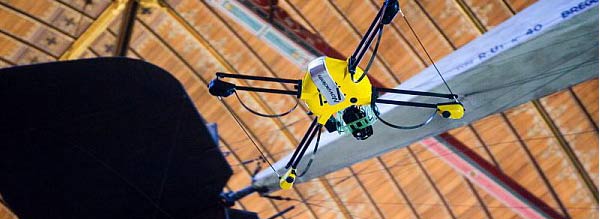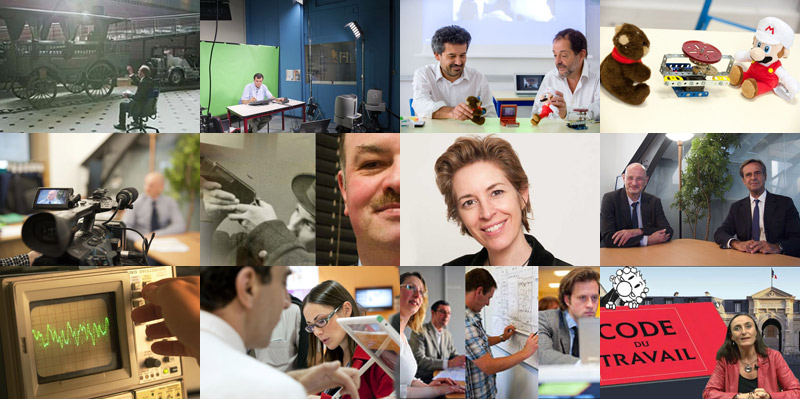Mooc - Machine Learning, Maths & Ethics: Hands-on

December 1, 2021March 4, 2022
Are you going to miss the opportunity to learn about a technology that is transforming the world?
Target audience
Young people, especially young women, curious to know how algorithms work, which models can be build with the help of machine learning, their advantages and limitations.
Main goals
- Be able to explain what is machine learning and what is it not;
- Be able to explain the difference between supervised learning and the other types of machine learning;
- To go autonomously through the solved exercises, identifying the four steps of the standard process;
- Consult and use by your own Tutorials, Cookbooks and other additional resources;
- Enumerate the Python libraries used along the course and their functions;
- Be able to interpret statistical summaries from boxplots, scatterplots and histograms, and use them to prepare the data;
- Be able to explain what “average” and “spread” means in particular datasets examples;
- Perform simple matrix multiplications: using inner products and outer products;
- Be able to explain how singular value decompositions are used for compressing matrices;
- Give examples of the challenges of building fair machine learning algorithms.
Prerequisites
This online course has no special prerequisites. It assumes that participants have attended secondary school.
To participate in this online course you don't need to have any previous programming experience. You are going to use a free access software: Google Colab, which allows you to write and execute Python in your browser.
Moreover, all the contents of the MOOC are free of charge, completely online and are in English. Some content is translated into Portuguese.
Course materials will remain available to all enrolled users after the end of the current edition, so they can return to content later.
Contents
Machine Learning, Maths & Ethics: Hands-on is structured in five modules:
- Welcome and introduction
- Learning from experience: Machine learning and supervised learning
- How we are going to work in supervised learning models
- Data preparation, data exploration and statistics
- Training models, evaluating models and matrices
- Ethical challenges of machine learning algorithms
Throughout these topics you will learn:
- What machine learning is;
- The different types of machine learning, and supervised learning in more detail;
- The standard process of building predictive models;
- The four steps of the standard process: Data preparation, data exploration, model training, model evaluation;
- Some fundamental Maths needed to understand machine learning: Statistics and Linear Algebra;
- How to program in Python with Google Colab;
- How to be aware of the challenges of building fair machine learning algorithms.
Pedagogical strategies
How you are going to work in supervised learning models The four steps of the standard process of building models that we consider are: Data preparation, data exploration, model training, model evaluation.
Hands-on resources for each step:
- 2 videos dedicated to each step of the standard process: One video with a general explanation of the main actions due in that step; one with a detailed explanation in a particular example (Solved exercise) that illustrates the given step of the standard process;
- Tutorials: Supporting documents with detailed explanations of the concepts given in the videos. In addition, the tutorials also have more examples that allow you to see how the concepts apply in practice. The tutorials can be read from start to finish or used as a reference source whenever you need to know more about something;
- Cookbooks: Collections of small programs that solve typical situations. In general, cookbooks are useful when you want to solve a routine problem and need code examples to make your work easier.
Additional notebooks resources:
Additionally, for each step of the standard process of building models, you can find challenges to check your acquired skills and level of autonomy with the content at hand. They are in the form of partially solved exercises and open exercises and don’t count for grading. This is for what is called self-regulated learning. We encourage you to use MOOC's Discussion fórum to post your questions and remarks.
How you are going to look at supervised learning models You will be challenged to reflect on the mathematical foundations, the history of algorithm development and current challenges of supervised learning models.
Assessment methods
At the end of Topics 1, 2 and 5 there are graded Quizzes with multiple choice problems, check boxes, numerical input, etc. In Topics 3 and 4, there are two Quizzes in each with similar type of problems. Every quiz accounts equally for the final grade. Participants with a final score equal or greater than 60% will receive a completion certificate (without reference of the final grade).






 tous nos moocs
tous nos moocs